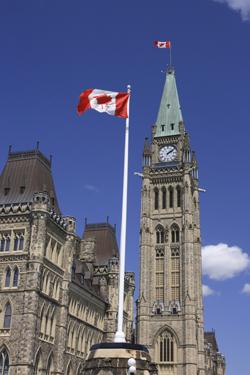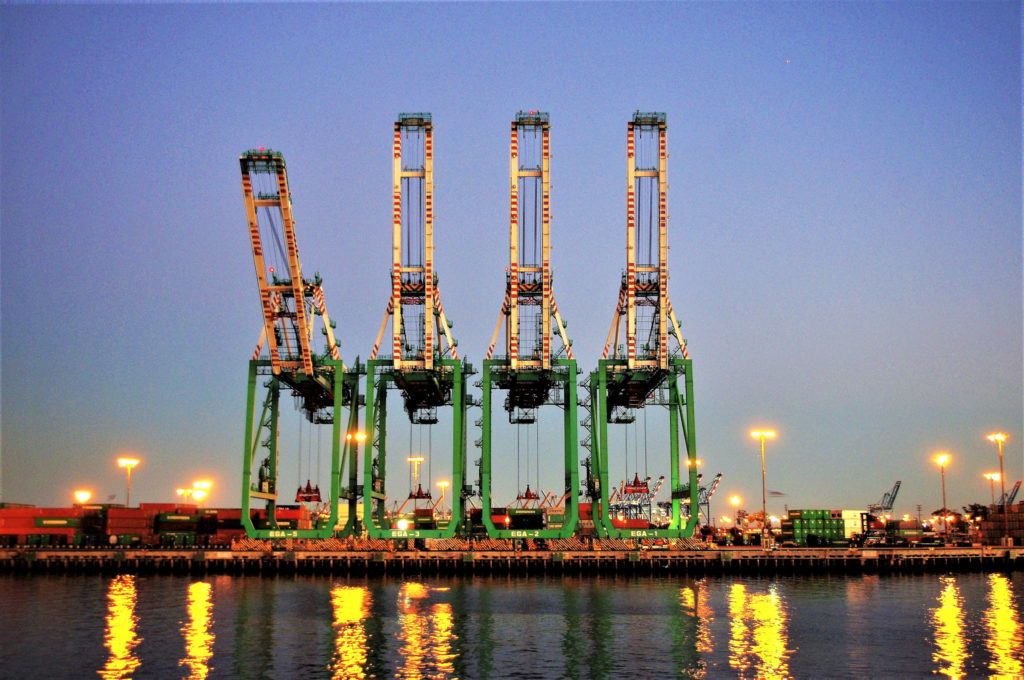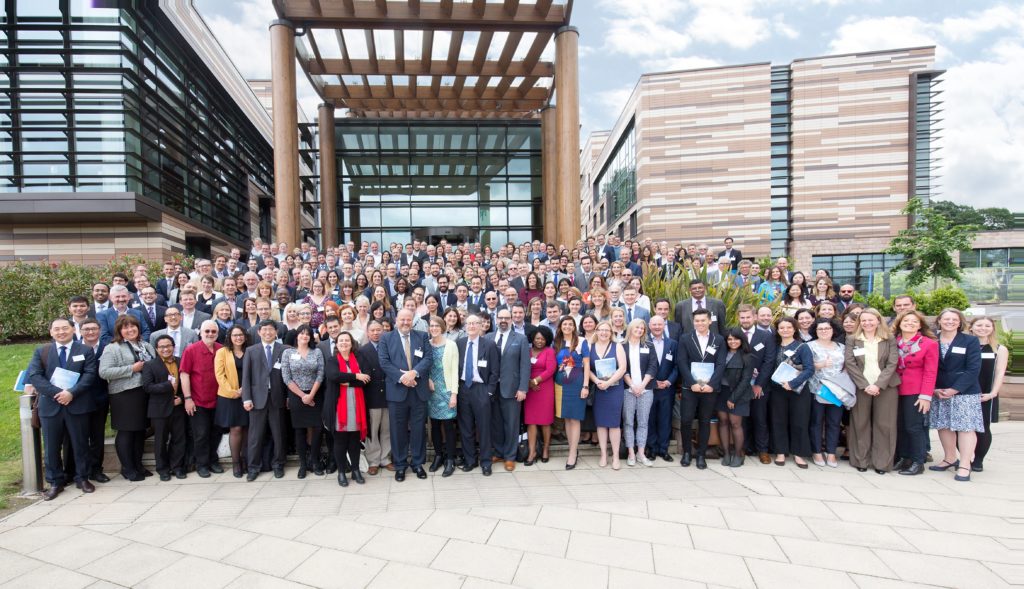
A European court has issued a significant ruling that limits the rights of suppliers from the United States and other countries to participate in the European Union’s vast public procurement market unless the procurement is covered by the WTO Government

The WTO’s recent review of Canada’s trade policy pointed to its continued development of a more restrictive government procurement policy based on reciprocity. Canada began consideration of reciprocal government procurement measures in 2022. While the
After a decade-long effort, the European Union (EU) in June adopted a new trade tool aimed at achieving reciprocity by opening third-country public procurement markets and improving market access opportunities for EU suppliers, goods, and services. The new
Canada is exploring options for responding to the expansion of “Buy America” policies in the United States. It is considering measures that would allow it to restrict access to its federal procurement and federally funded infrastructure projects when the

An article, “GPA Reciprocal Conditions: Leverage for Bilateral Agreements,” provides a comprehensive examination of the restrictions that parties to the WTO Government Procurement Agreement (GPA) apply to the procurement that they cover under

This post presents a paper that examines the numerous derogations from the most-favored-nation (MFN) principle applied by parties to the WTO Government Procurement Agreement (GPA). Reciprocity conditions are attached to every element of market access
A Briefing Paper, “Trade Agreements Open Foreign Procurement Markets” published by Thomas Reuters, outlines the international trade pacts that the United States has negotiated over more than three decades to open foreign procurement. These agreements